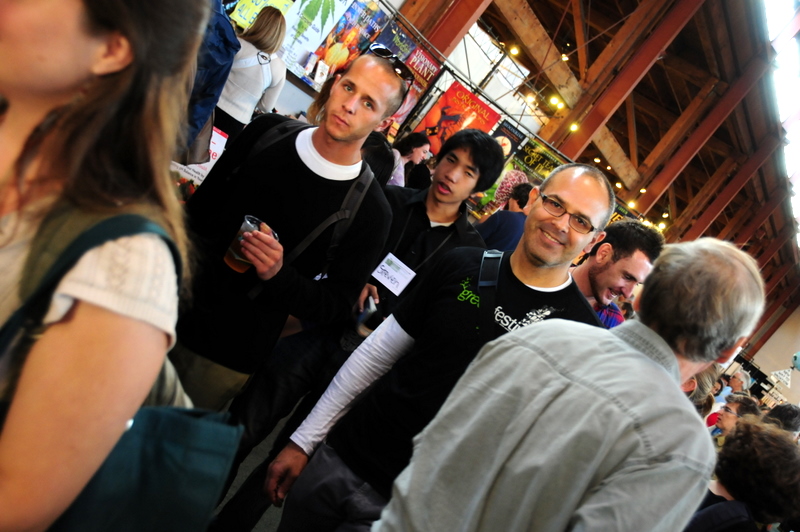The concise title to this short book, Blogging, says it all. Here Rettberg describes the basics of blogging and attempts to categorize and properly define blogs, provides an interesting history of the Internet and the development of the weblog, delves into some of the controversies that the dramatic rise of social media have caused and gives some straightforward advice for making your blog better than ever.
Right off the bat, she distinguishes between three main kinds of blogs: personal blogs, filter blogs and topic-driven blogs. Simply, the personal is sort of a diary style blog; filter blogs provide short comments but mainly links to other interesting blogs; and topic-driven ones, like weirdcombinations, are exactly what you’d expect. Of course, there’s a lot of overlap. This should have been obvious to me, yet somehow, I’d never really thought about distinguishing blogs in that way. Maybe I haven’t been paying enough attention to blogs that are not topic-driven? Sorry to all of you other bloggers that I’ve been ignoring! I’ll try to do better!!!
Rettberg has much to say about what she calls the post-Gutenberg era, or the time after the dominance of traditional print media which began when the printing press was developed in the West four hundred years ago. Challenging social critics who see video games and television as the decline of culture, she argues that these complex media actually improve cognitive functioning. Blogging then represents increased engagement in the world via active reading and writing. That makes sense. Certainly I find that I notice things a lot more and that my writing has improved since we started this blog. Heguiberto is the same.
There are fascinating chapters on blogs as narrative, bloggers as journalists, blogs and business, as well as blogs as communities. These resonate with me. I’m endlessly curious about what decadent dessert Heavenly Housewife is gorging herself with each day. I wonder about Joumana’s kitchen in Lebanon. I can’t wait to read what the Voorhees and Sosnowys have been sipping in Washington State. And with my newest blog-infatuation, I thrill to read whatever wild thing James Bloomer is explaining at Big Dumb Object. I’ve never met any of these people, but by reading their blogs, their comments and those of others, and finally, by making comments of my own, I feel somehow connected to them in a really cool way. Of course, things can sometimes go very wrong.
Rettberg gives a poignant example of a woman who had a personal blog in which she detailed her and her friends’ experiences at Burning Man and with drug use. Later this woman became a schoolteacher. Her pupils read the blog and questioned her about this. That’s awkward. In another example, a blogger got fired after making some unfavorable remarks in a blog about her job. The same thing happened in the recent movie, The Social Network, when the Mark Zuckerberg character trashed his girlfriend on his blog and permanently damaged their relationship. The take-home message here: be careful about what you write as it may come back to haunt you later.
Another choice piece of advice has to do with increasing your blog’s connectivity and traffic:
The main advice is simply to engage with your readers. Visit other blogs that are about the same topic as yours, and leave comments there—and link to interesting posts on their blogs. Some recommend more intense strategies, such as emailing new commentators and thanking them for reading your blog. Others have daily targets: visit five new blogs a day and leave comments on them. Link to three new blogs each week.
It all sounds good, though it is a lot of work. I do want people to read our blog. But I feel funny trying to promote it. Recently we changed our “about” page in an attempt to better define weirdcombinations. Though we’re topic-driven, we’re focused on several not-always-related topics. Does that cause problems for potential readers, or for search engines? Do I really care?
The answer to the last seems to be both “yes” and “no.” I was never especially popular growing up—sort of a shy nerdy type. In my twenties I broke out of that shell but I’m far from the super-social, life-of-the-party kind of guy. But I’m fine with that. Yet I look at these other beautiful, well-trafficked blogs with a mixture of awe and envy. It is almost like they’re the high school star quarterback or head cheerleader equivalent in the blogosphere; and I’m fifteen again, with bad clothes, severe acne and a cheap blond perm. That bothers me and I want to snap out of it.
